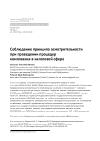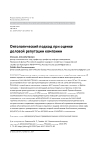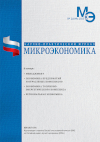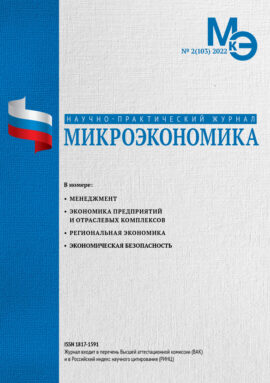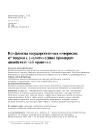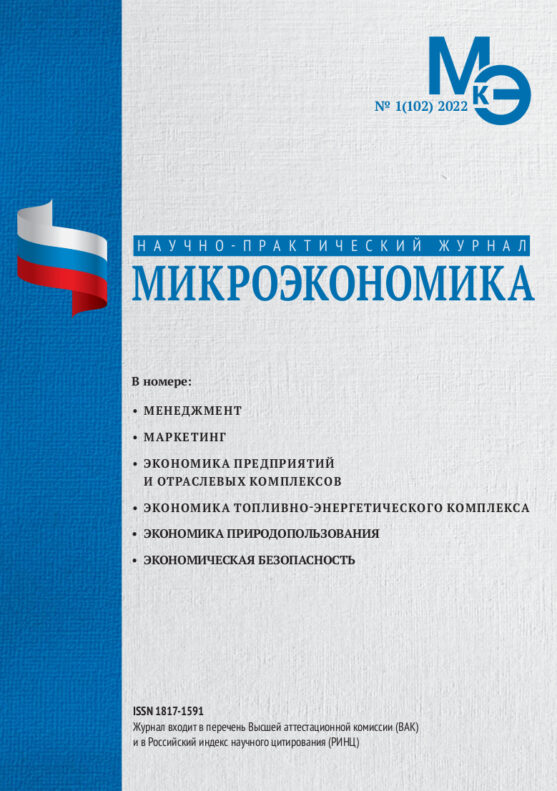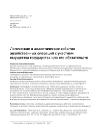Compliance with the principle of prudence when conducting compliance procedures in the tax sphere
DOI: 10.33917/mic-1.120.2025.18-28
The freedom of economic activity of enterprises is connected not only with their independence in choosing the sphere of application of forces and means, but also with risks in carrying out entrepreneurial activities. Managing in conditions of uncertainty involves risks, of which we will consider tax risks. The state makes it the duty of enterprises to be attentive to their counterparties. You earn and pay taxes, not forgetting about society. Taxpayers are needed to keep the state machine running.
Tax compliance, as a system of organizational and legal measures aimed at complying with the requirements of tax legislation, acts as an integrative component of tax and management policy, applicable both at the state level and at the level of specific organizations.
Prudence, which implies some caution in making decisions, prevents the occurrence of factors that can later be interpreted by tax inspectors against the benefit of the audited.
References:
1. Pogodina I.V., Valentik M.S. Tax compliance: law, duty or moral norm? Taxes. 2019;6:10-14.
2. Tsaregradskaya Yu.K. Tax compliance: approaches to understanding. Lex Russica. 2021;74(12):66-73.
3. Koval A.A., Chernovol K.A. Assessment of tax risks of counterparties: tax compliance in decisions of the Constitutional Court of the Russian Federation and in foreign practice. URL: https://zakon.ru/blog/2020/04/15/
4. Korostelkin M.M. Tax compliance as a system for confirming the reliability of calculating tax liabilities. Managerial accounting. 2014;11:60-64.
5. Tsaregradskaya Yu.K., Dubinskaya E.S. Institute of unjustified tax benefits: novels and judicial practice. Legal education and Science. 2019;4:45-47.
6. Ovcharova E.V. Tax compliance in Russia: problems of correlation of administrative coercion and incentive measures. Right. Journal of the Higher School of Economics. 2019;1:89-90.
7. Kemal Altuğ Özgün, Burcu Seven. Why Third-party risk management Matters for Compliance. URL: https://www.lexology.com/library/
8. Tax compliance. Due Diligence / Higher School of Economics Research University (HSE). URL: https://www.hse.ru/mirror/pubs/share/532817207.pdf
9. Kishtein N. A brief history of economics: 77 main ideas about wealth and poverty from Plato to Piketty [trans. translated by T.Kudasheva]. Moscow: Eksmo, 2022. 336 p.



